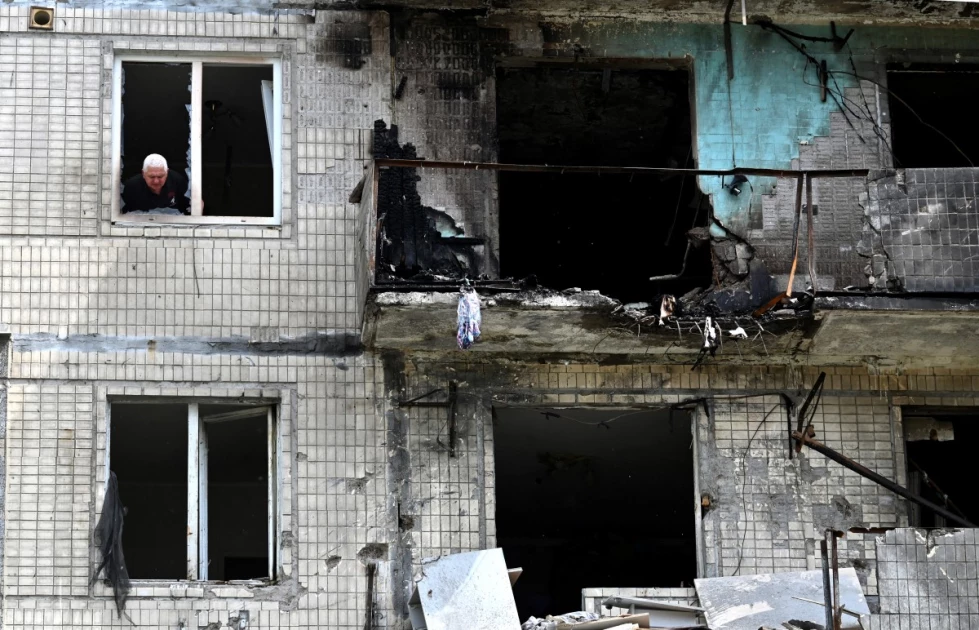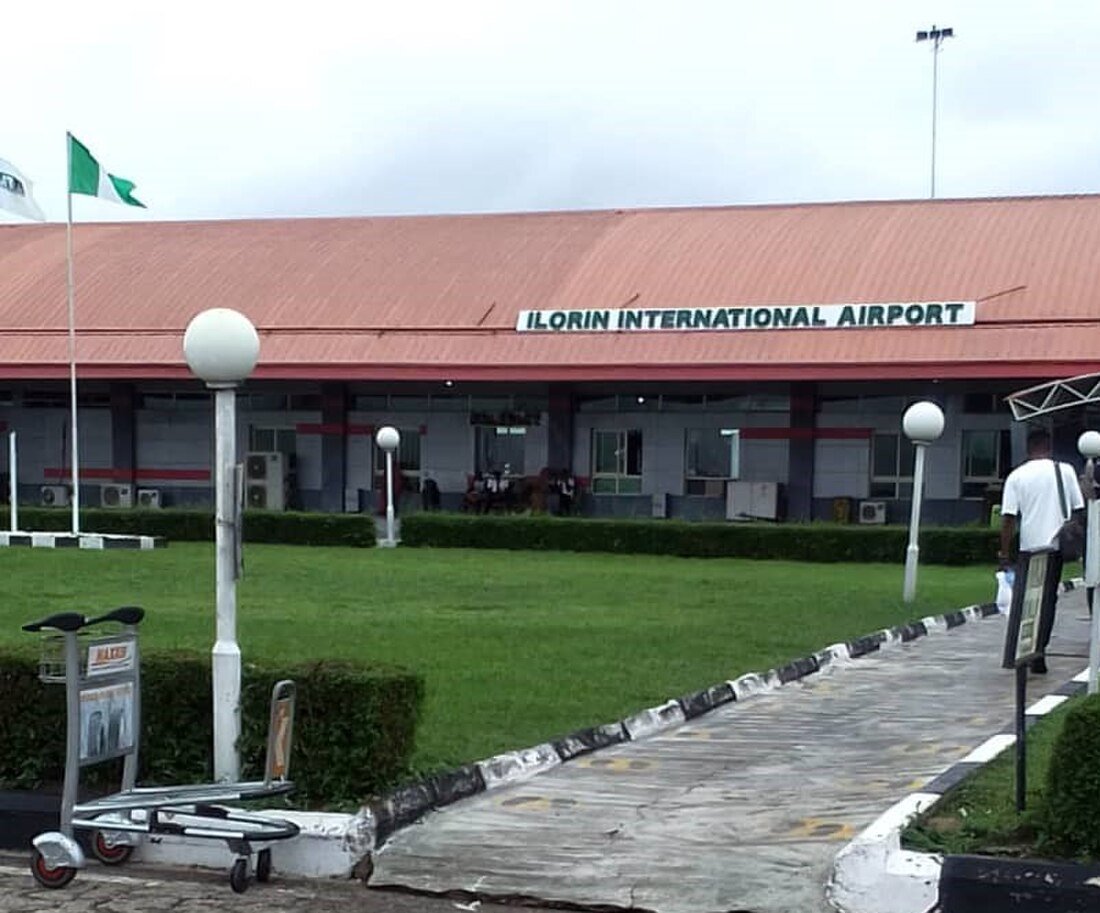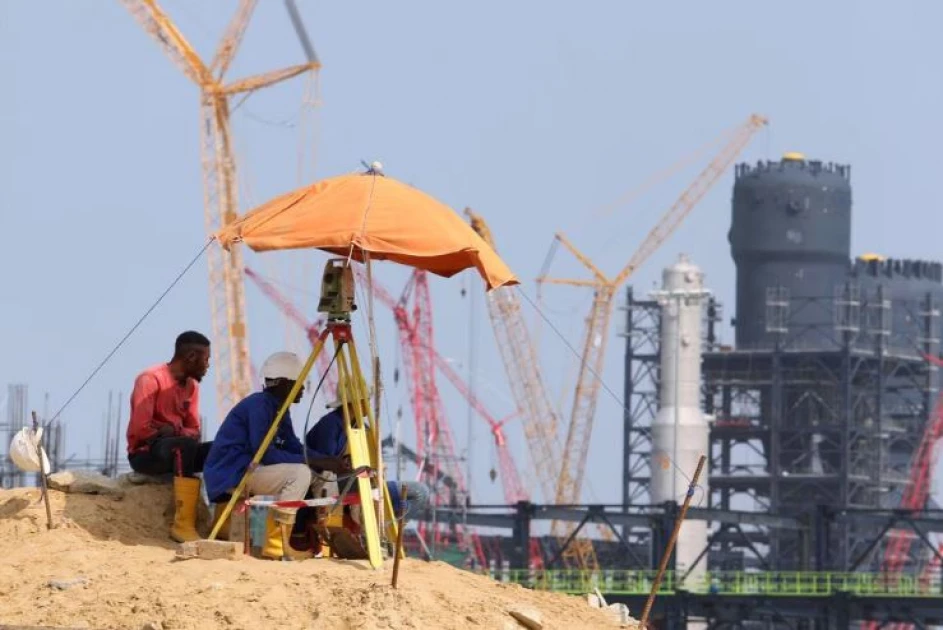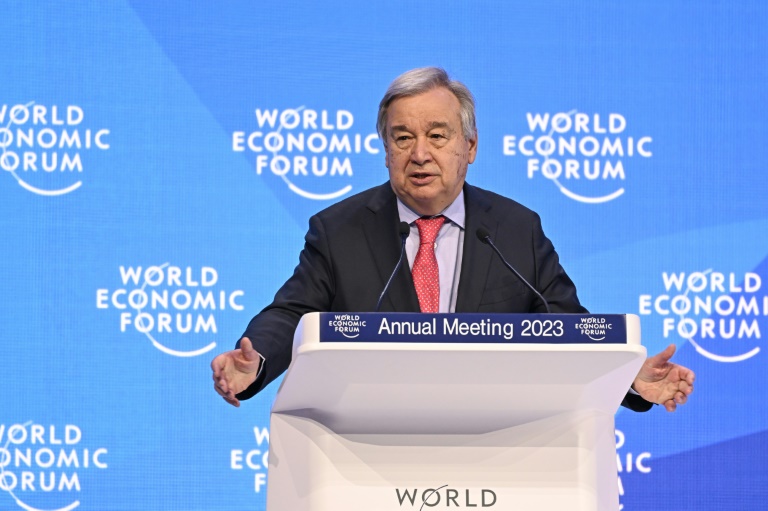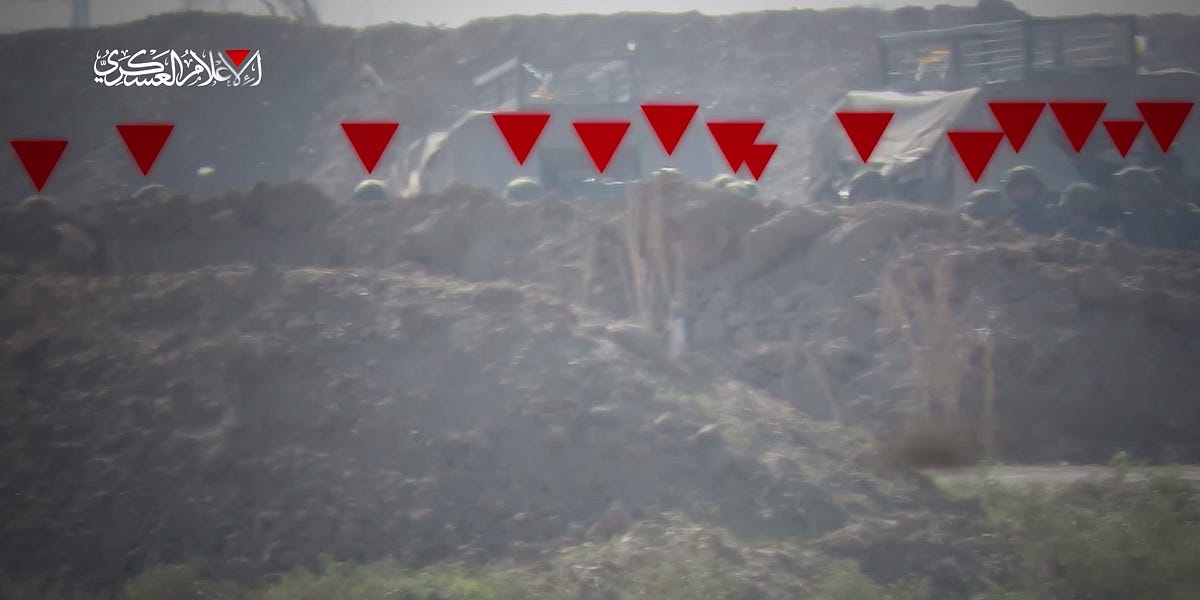Gaza Aid Blockade and UN Resolution 2417
Seven years after the United Nations Security Council unanimously adopted Resolution 2417, condemning the use of starvation as a weapon of war, its impact remains disappointing. Despite classifying deliberate starvation as a war crime and calling for guaranteed humanitarian access, the global ban on weaponizing hunger is faltering, with devastating consequences in war-torn regions.
In Gaza, a blockade lasting over two and a half months has resulted in a catastrophic shortage of food, clean water, and medicine. Almost 2 million people, 93% of the population, face severe food insecurity, with 71,000 children under five suffering from acute malnutrition and 14,100 in critical condition. Pregnant and breastfeeding women are also at high risk. While aid deliveries have recently resumed on a limited scale, they fall far short of what is needed to avert a full-scale famine.
Since April 2023, Sudan has been grappling with its worst food crisis, with over 25 million people relying on humanitarian assistance and over eight million facing famine. Children are particularly affected, with 3.2 million suffering from acute malnutrition. Despite reports of warring parties intentionally blocking aid, the international response remains weak.
Armed conflict remains a leading cause of acute food crises, displacing millions, destroying infrastructure, and cutting off access to life-saving aid. Humanitarian organizations often cannot reach those most in need, leading to fatal consequences. Action Against Hunger calls for urgent international action to end the political weaponization of starvation and protect civilians.
After over 11 weeks of complete blockade, Israeli authorities have allowed a brief window for the UN and partners to resume aid delivery into Gaza, which is insufficient. UNOPS is working with sister agencies in Gaza to supply fuel to bakeries, power hospital generators, and move ambulances. The team operates at great risk to access fuel storage tanks.
The UN is ready to scale up its life-saving operation in Gaza, rooted in humanitarian principles and built on accountability, transparency, and trust. The UN 2720 Mechanism, managed by UNOPS, expedites aid delivery into Gaza, reducing bureaucracy and improving efficiency. The problem was never logistical, but political will and security.
Aid should not be conditional on political and military aims, and starvation should not be used as a bargaining chip. The UN and its humanitarian partners have the expertise, distribution mechanisms, and monitoring systems to deliver aid at scale across Gaza, requiring only the political willingness and trust to work effectively.

